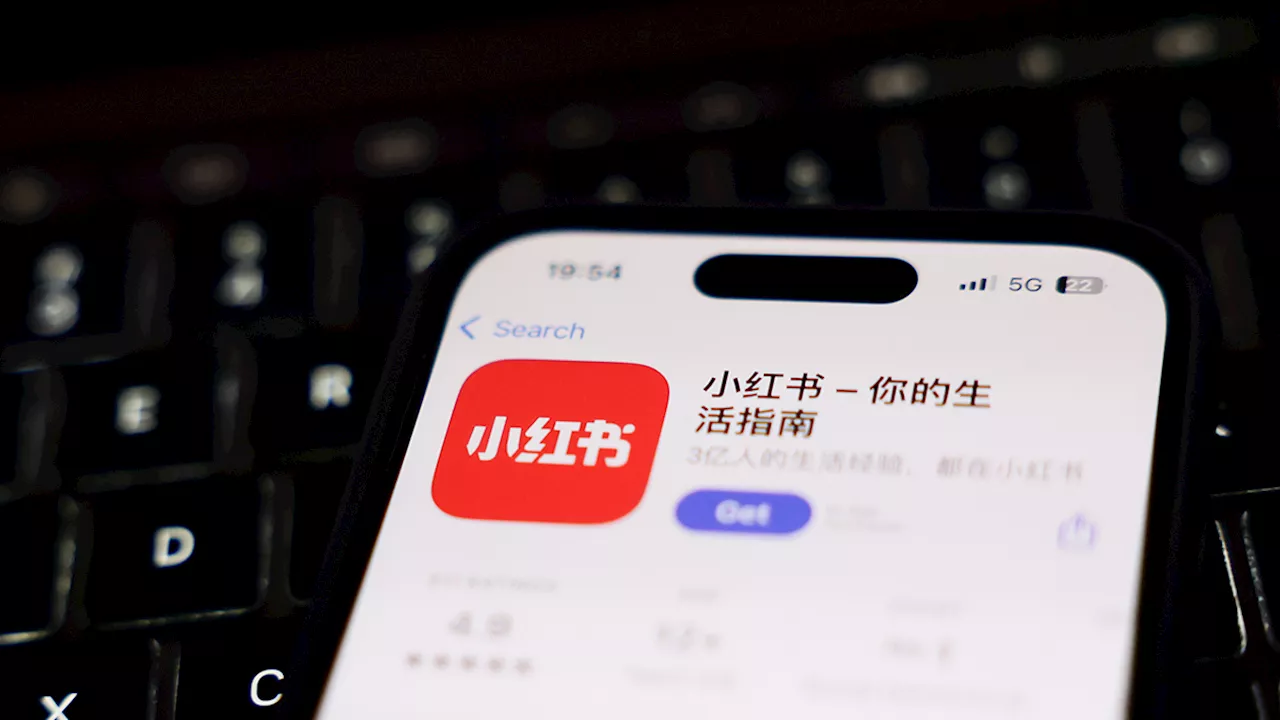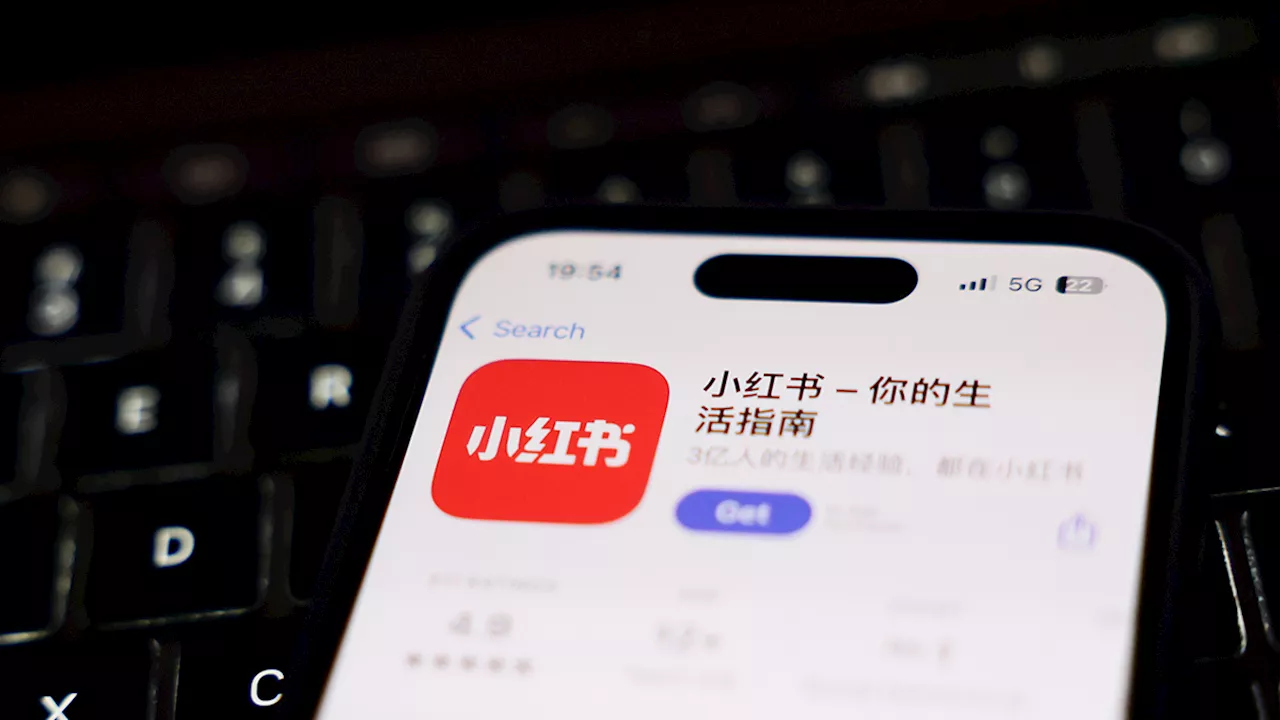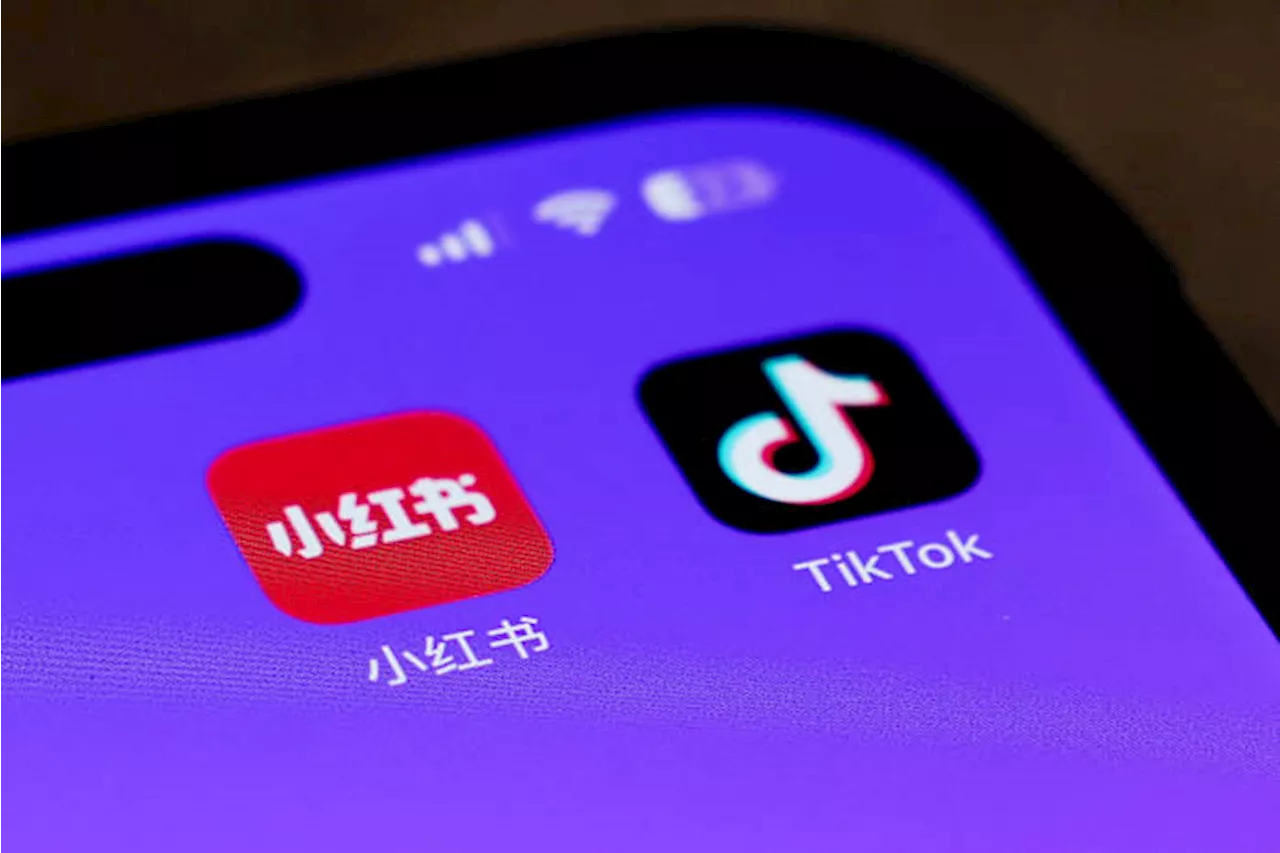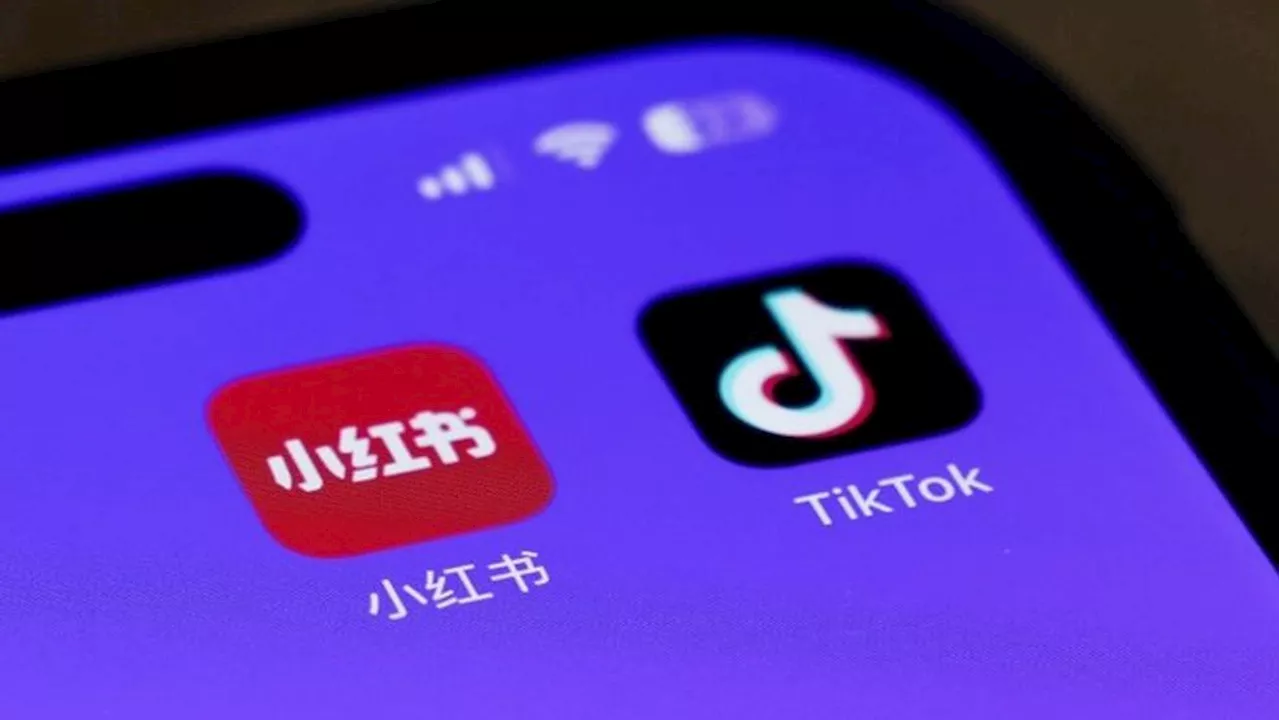The debate over TikTok's future in the US rages on, with concerns about national security clashing with the app's immense popularity among Gen Z. While the Chinese-owned platform boasts billions of users and undeniable cultural influence, accusations of data harvesting and potential manipulation by the Chinese government have fueled calls for a ban. This article explores both sides of the argument, examining the evidence presented by security experts and government officials against the platform's passionate defenders.
It’s no surprise that half of America’s youth are opposed to TikTok’s prohibition—even if it’s built by a rival country. They object to fears that this platform will shape their minds or collect mountains of personal data on them. To do something like this is paranoid, draconian, and simply unfair, according to over a million videos on TikTok.
In reality, what these TikTok faithfuls are railing against is exactly what the Chinese government has done for years with Facebook, Twitter, Instagram, WhatsApp, Snap, Pinterest, LinkedIn, and even Google, ensuring that none of those US platforms can slip past its Great Firewall. And yet, China’s own social media juggernaut—which is estimated to have over 2 billion users (170 million of whom are in the US) who spend an average of 58 minutes a day on the platform—has become one of the No. 1 platforms for media consumption for America’s youth. The app, owned by Beijing-based ByteDance, has become the de facto platform for Gen Z, shaping everything from fashion trends to the kinds of books they buy and the music they listen to. Over the past year, the US government has concluded that this app isn’t just boosting Colleen Hoover’s books onto The New York Times bestseller list or encouraging people to exercise by trying the “plank challenge,” rather, they’ve argued it poses a national security risk. To guard against that risk, Congress signed a bipartisan bill back in April that would ban the app domestically unless ByteDance sold it to an American entity. ByteDance, for its part, has said it would simply shut the app down rather than sell it to an American company. Both President Biden and Trump, his soon-to-be successor, are said to be exploring legal avenues for keeping the app accessible in the US. Meanwhile, there’s a growing list of potential financiers who, it’s rumored, might come to the rescue, including MrBeast, Sam Altman, and Kevin O’Leary. On Monday, Bloomberg likewise reported that Elon Musk might buy TikTok at the eleventh hour. (ByteDance has denied this scenario, calling it pure “fiction.”) In any event, millions of TikTik’s Gen Z boosters find it laughable that their favorite platform—where culture is churned out in rectangular videos via seemingly innocuous dance challenges and snack-sized comedy bits—could pose any danger beyond just contributing to the fast pace at which today’s society moves. (Of course, that opinion was encouraged when TikTok pushed urgent-sounding notifications, prompting users to “Take action: Speak up against a TikTok shutdown,” and other alerts that warned users their freedom to create was at risk.) Some US officials and cybersecurity experts insist this platform may actually be a Trojan horse, funneling sensitive data—from precise locations to private chats—straight into ByteDance’s servers, which the Chinese government, they say, can look at whatever it wants. Lisa Plaggemier of The National Cybersecurity Alliance has warned repeatedly that what might seem like harmless scrolling has the potential to lead to disinformation campaigns and powering a sophisticated surveillance system, data breaches, and a foreign interest that could manipulate online discourse. But not everyone in the national security community feels as strongly as Plaggemier; others contend that the US government still lacks direct, smoking-gun evidence that China is using ByteDance’s data to stoke domestic division, rendering the risks largely hypothetical. In its own defense, TikTok has cited Project Texas, a $1.5 billion plan that the company says routes Americans’ user data through the Austin-based tech firm Oracle, effectively making that data out of China’s reach. Nevertheless, two members of Congress told me that the information they have been given about TikTok from other branches of government over the past year has been highly concerning. One congressman claimed that their briefings revealed alarming data showing TikTok’s algorithms deliberately fostering anti-American sentiments among users. (ByteDance has said it does not promote certain content over others. Rather, the more users engage with a type of content, the more they see of that same type.) He expressed deep concern about the delayed public awareness of TikTok’s psychological impact on young people. The other official, a congresswoman, described her shock upon learning about the prevalence of pro-Palestinian hashtags on TikTok as opposed to pro-Israel ones, which were dwarfed by a factor of ten to one. In a similar vein, in 2023, The Wall Street Journal conducted an experiment where its reporters signed up for TikTok pretending to be 13-year-olds, and within a matter of hours, the app was bombarding them with doomsday, conspiracy-tinged, and extremely polarizing content amid the Israel-Hamas war; that content was largely pro-Palestinian, anti-Israel
Politics Tiktok National Security China Data Privacy Censorship Gen Z US Government Bytedance Oracle Project Texas
United States Latest News, United States Headlines
Similar News:You can also read news stories similar to this one that we have collected from other news sources.
 RedNote: The Chinese TikTok Alternative Sparks US Security ConcernsRedNote, a Chinese short-form video app, faces scrutiny from US government officials and tech experts who view it as a greater threat to national security and user privacy than TikTok. The app's ties to China and its data storage practices raise concerns about potential government access and manipulation. While some Americans are drawn to RedNote as an alternative to TikTok, experts warn about the risks associated with using a platform with limited transparency and subject to Chinese regulations.
RedNote: The Chinese TikTok Alternative Sparks US Security ConcernsRedNote, a Chinese short-form video app, faces scrutiny from US government officials and tech experts who view it as a greater threat to national security and user privacy than TikTok. The app's ties to China and its data storage practices raise concerns about potential government access and manipulation. While some Americans are drawn to RedNote as an alternative to TikTok, experts warn about the risks associated with using a platform with limited transparency and subject to Chinese regulations.
Read more »
 Chinese app RedNote could pose greater security risks than TikTokKevin Collier is a reporter covering cybersecurity, privacy and technology policy for NBC News.
Chinese app RedNote could pose greater security risks than TikTokKevin Collier is a reporter covering cybersecurity, privacy and technology policy for NBC News.
Read more »
 Chinese TikTok alternative RedNote could pose greater security risks, experts sayRedNote is based in China, which makes the app vulnerable to potential data and censorship requests.
Chinese TikTok alternative RedNote could pose greater security risks, experts sayRedNote is based in China, which makes the app vulnerable to potential data and censorship requests.
Read more »
 US TikTok users flock to Chinese app Xiaohongshu in protest with TikTok ban loomingAs the threat of a TikTok ban looms, some U.S. TikTok users are flocking to Chinese social media app Xiaohongshu – making it the top downloaded app in the U.S. The self-described “TikTok refugees” landed on Xiaohongshu as an alternative to TikTok.
US TikTok users flock to Chinese app Xiaohongshu in protest with TikTok ban loomingAs the threat of a TikTok ban looms, some U.S. TikTok users are flocking to Chinese social media app Xiaohongshu – making it the top downloaded app in the U.S. The self-described “TikTok refugees” landed on Xiaohongshu as an alternative to TikTok.
Read more »
 US TikTok users flock to Chinese app Xiaohongshu in protest with TikTok ban loomingAs the threat of a TikTok ban looms, U.S. TikTok users are flocking to the Chinese social media app Xiaohongshu – making it the top downloaded app in the U.S.So
US TikTok users flock to Chinese app Xiaohongshu in protest with TikTok ban loomingAs the threat of a TikTok ban looms, U.S. TikTok users are flocking to the Chinese social media app Xiaohongshu – making it the top downloaded app in the U.S.So
Read more »
 US TikTok users flock to Chinese app Xiaohongshu in protest with TikTok ban loomingAs potential TikTok ban looms, some U.S. users are flocking to Chinese app Xiaohongshu instead.
US TikTok users flock to Chinese app Xiaohongshu in protest with TikTok ban loomingAs potential TikTok ban looms, some U.S. users are flocking to Chinese app Xiaohongshu instead.
Read more »
